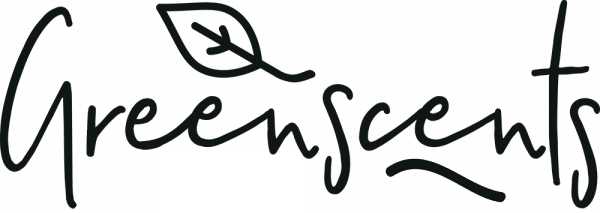It is not always easy to remember where all our water waste will end up but we know for sure that it can cause problems. Shocking footage of plastics in our waterways and seas is not always linked with the baby wipe or period product that was flushed away in haste. Pouring away the excess oil from the frying pan does not immediately make us think of enormous fatbergs in our sewers. But it is important to watch what we send down our drains.
Unblocktober is a UK based initiative to increase awareness of what we put down our drains with a long-term aim of improving the health of our drains, sewers, watercourses and seas. It’s important because what we put down the drain eventually finds its way out to the sea and can cause pollution or blockages along the way.

We know that, like many other countries around the world, the UK’s waterways are suffering from pollution and serious water quality issues. The recent ‘Troubled Waters’ report unpicks the reasons for poor water quality and offers solutions “to bring our waters back from the brink of collapse”. Waterways in England are in a particularly poor state with only 14% meeting the standards for good ecological status. This means that many terrestrial and freshwater species in in decline and at risk of extinction. Three major reasons for the alarming poor water quality in the UK are sewage overflows, pesticides use and plastic pollution. As individuals, we can help by watching what we send down our drains.
Focus on what we flush!
A focus on what we flush is a great start! Nothing containing plastic should be flushed down the loo and that includes nappies, period products, condoms, cotton buds, contact lenses, dental floss, face masks, wet wipes, razor blades, face masks and disposable gloves. Even if the label states that wipes are flushable, it is always best to bin these. Wet wipes can block sewage pumps and sewage floods can occur or they can end up in rivers where they may not biodegrade. Remember to flush only the three P’s – Pee, Poo & (toilet) Paper.

What goes down the kitchen sink?
To protect our drains from blockages and fatbergs we need to avoid cooking oil, hard fats such as butter, cooking sauces and even crumbs from entering the drains via our kitchen sink. Coffee grounds, egg shells, pasta and rice should also be banned from the plug hole. Produce stickers are usually made of plastic and can be pretty pesky too! All food waste needs to end up in the brown food waste bin for either composting or recycling. To avoid problems with liquids, it is best to line the bin with a biodegradable bag or old newspapers that will absorb any excess moisture. Making these changes during Unblocktober is a great place to start!
What about the bathroom plug holes?
Not all personal care products are made equal, and many are based on toxic chemicals like phthalates, SLS & SLES with parabens used as preservatives. If these products enter our drains and waterways undiluted, then they can do serious damage to aquatic life. The problem comes with what to do with all those half-finished bottles that clutter up bathroom cupboards and shelves. Perhaps the best way is to have a good clear out and create a ‘cocktail’ of all the leftovers in one bottle. Recycle as many remaining bottles as you can and then take the leftover mixture to your recycling centre. Once this is done, review your old products and see if you can replace them with fewer certified organic options instead.
Pharmaceuticals are another group of chemicals that should never enter our drains and waterways. Old meds can be taken to GP surgeries for recycling, and this is the best way to dispose of unwanted medicines.
Use non-toxic cleaning and laundry products
Many common cleaning & laundry products include ingredients that poison our waterways and the animals & plants living there. The US Environmental Protection Agency (EPA) raises the example of alkylphenol ethoxylates, a common surfactant ingredient in household cleaners, that has been shown in laboratory studies to function as an ‘endocrine disruptor,’ (you can read our blog all about endocrine disruptors here causing adverse reproductive effects in wildlife exposed to polluted waters. In addition, many surfactants used in conventional cleaning products biodegrade slowly or biodegrade into more toxic, persistent, and bio accumulative chemicals, which threaten aquatic life. Phosphates are a common ingredient in household cleaning products which pollute our rivers and act as fertilisers, increasing weed growth.
By switching to organic household and laundry products you can ensure that the liquids you flush down the drain will not pollute our water systems or harm our aquatic life. All ingredients in organic household products are readily biodegradable and will not bioaccumulate. Certified organic products do not rely on conventional pesticides so you are helping to reduce the toxic load that enters our water systems in more ways than one! Check out the Greenscents ‘No Nasties Guarantee’ here to find out what we leave out of Greenscents products and why.
Love your drains and our waterways by choosing Greenscents organic laundry & household products. To shop the whole range visit https://greenscents.co.uk/organic-laundry-household-shop/.
Further reading
https://www.rspb.org.uk/globalassets/downloads/our-work/troubled-waters-report
https://rivercide.tv/ – documentary about who is polluting our rivers with George Monbiot.
https://friendsoftheearth.uk/sustainable-living/top-tips-beautiful-food-waste-bin


